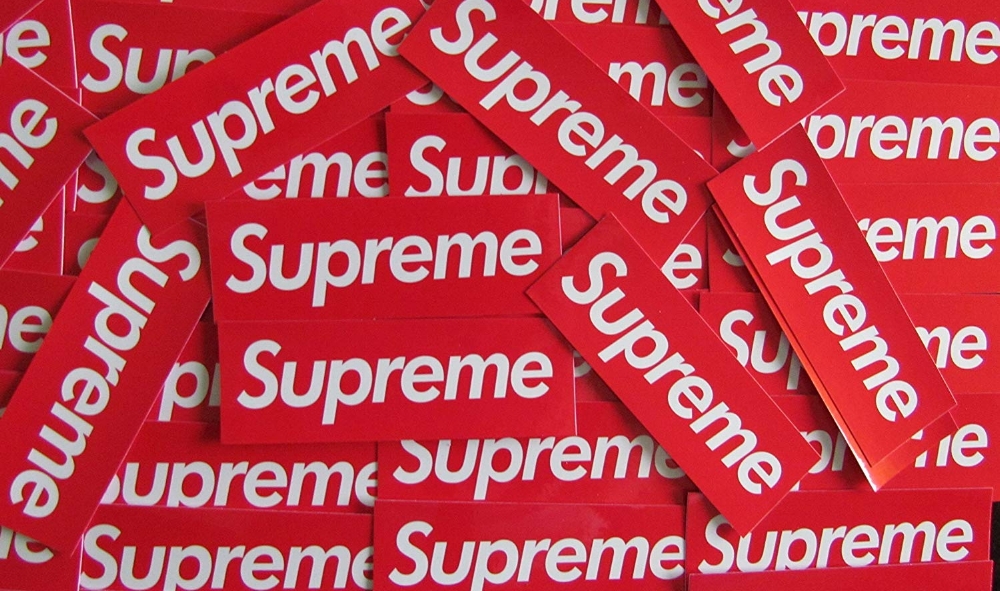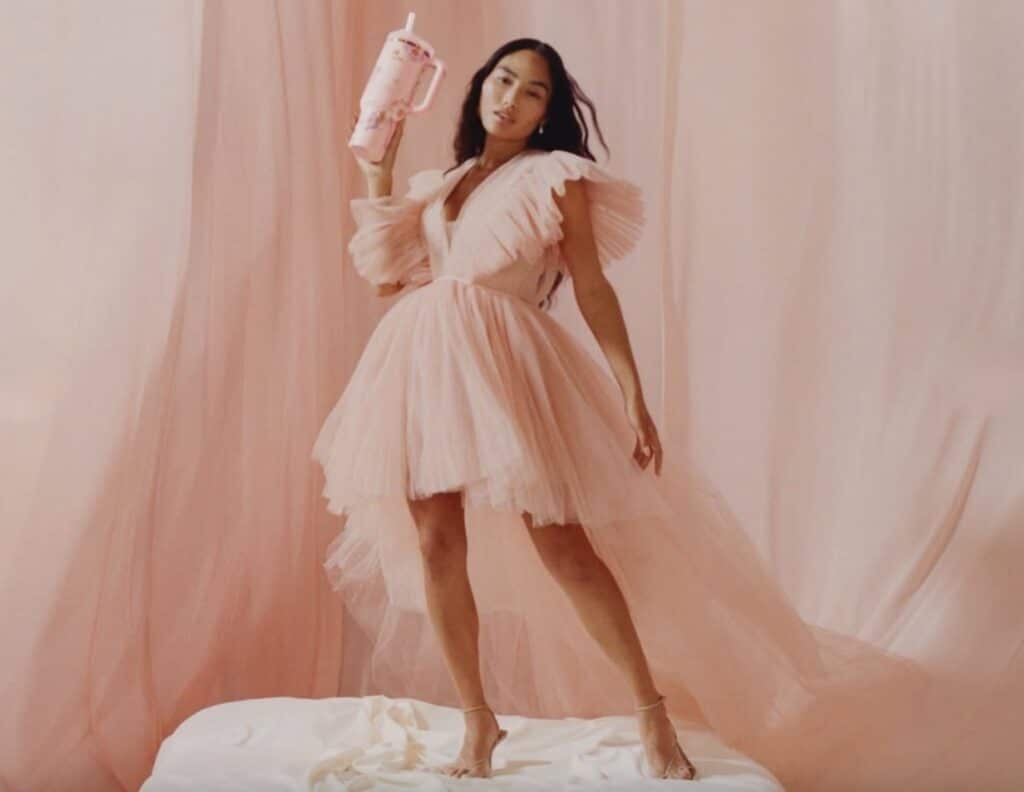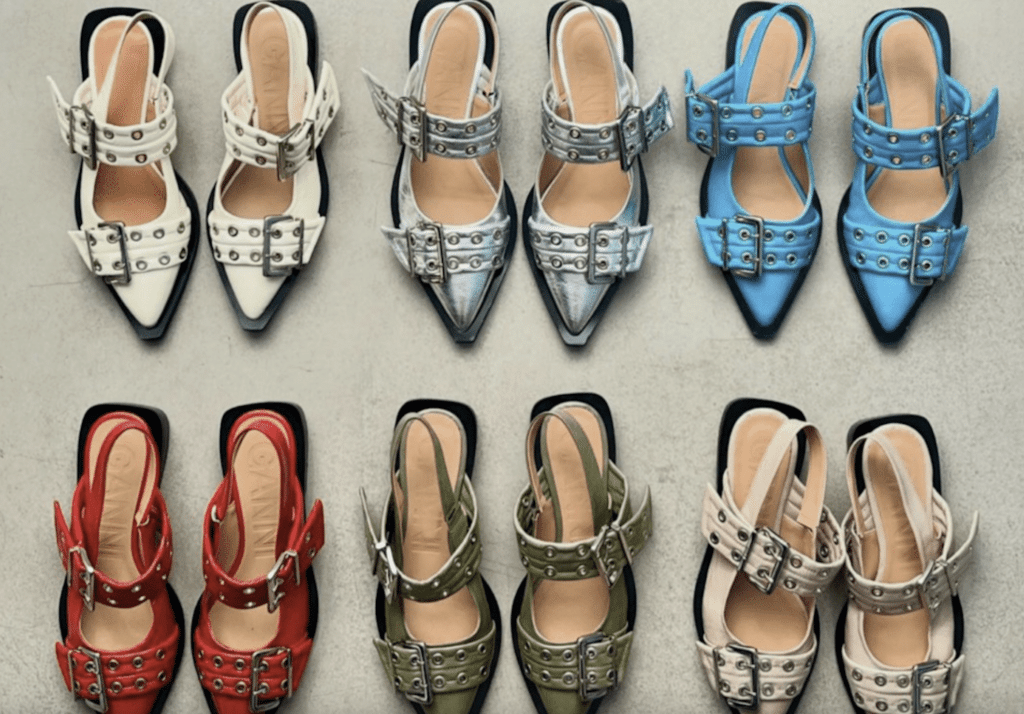Supreme is at the center of what may be a budding legal dispute. Cleveland Cavaliers shooting guard J.R. Smith revealed this weekend that he will “be fined every game” of the National Basketball Association season if he does not cover up the new tattoo that he has on his calf of the name of New York-based cult streetwear/skatewear brand, Supreme. Ahead of the start of the season later this month, 33-year old Smith revealed on Instagram on Saturday that the league has threatened monetary fines, which according to the NBA’s strictly-enforced Collective Bargaining Agreement, might be well within its rights.
According to the NBA’s Collective Bargaining Agreement – which is the official contract between the NBA (the commissioner and the 30 team owners) and the NBA Players Association (the players’ official union) that sets out rules ranging from the size of a team’s roster and how trading will be handled to salary caps and league licensing deals – the league is contractually able to limit the branding and logos that a player may display during a game.
The official language in Article XXXVII(b) of the agreement states, “Other than as may be incorporated into his Uniform and the manufacturer’s identification incorporated into his Sneakers, a player may not, during any NBA game, display any commercial, promotional, or charitable name, mark, logo or other identification, including but not limited to on his body, in his hair, or otherwise.”
In addition to the language of the agreement, Michael McCann, the dean of the University of New Hampshire Law school and a Sports Illustrated contributor, noted this weekend that due to existing sponsorship deals that the NBA has with an array of companies – which may, in fact, include language that prohibits individual players’ endorsement of rival brands while wearing their Nike jerseys on the court – the NBA “might be required to enforce Article XXXVII against Smith” in order to avoid breach of contract claims.
For example, the NBA entered into a reported $1 billion an eight-year deal with Nike in 2015, making Nike the official sponsor of NBA uniforms.” McCann notes that “it is common in sponsorship deals that the sponsored party — in this case the NBA and NBA teams — be required to enforce sponsors’ intellectual property rights. This is particularly true when sponsors’ rights risk being diluted or compromised by an inadvertent promotion of a rival company.”
With the language of the Collective Bargaining Agreement in mind and given that Supreme could likely be deemed a Nike competitor (both companies manufacture and sell sportswear and footwear), it seems as though Smith does not have much wiggle room in terms of fighting back against what he has deemed a “wack” demand.
Moreover, strictly from a bargaining perspective, it is likely in the NBA’s best interest to prevent players from promoting brands other than the ones with which it maintains lucrative sponsorship deals; Nike would likely be less keen to pay upwards of $1 billion to partner with the NBA if it knew that players would also be wearing the logos of competitor brands at the same time.
As for the inevitable First Amendment argument that might arise, Lawyers.com pretty aptly notes, “Because many people see their tattoos as a form of personal speech, they believe that the First Amendment of the Constitution protects their right to display their tattoos. However, the First Amendment protects against government efforts to stifle speech, not the efforts of private actors (such as employers in the private, i.e., non-government, sector).”
“Therefore, this argument doesn’t carry weight against private employers,” such as the NBA, particularly in connection with an agreement that Smith and his fellow players willingly signed on to.











